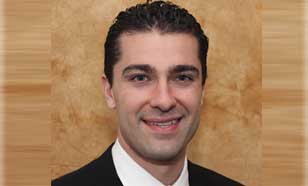In a recent decision, Pinnavaia v. JPMorgan Chase & Co., Del. Ch., C.A. No. 11231-ML (VCN) (Sept. 11, 2015) (Mem. Op.) (confirming master’s report of Aug. 10, 2015), the Delaware Court of Chancery overruled the plaintiff’s exceptions to a master’s final report that dismissed as “legally frivolous” a purported derivative action. In doing so, the court reaffirmed and reminded litigants of some of the basic requirements and elements of shareholder derivative actions.
The decision arose out of plaintiff Matthew Pinnavaia’s attempt to bring a derivative action, while acting pro se, on behalf of JPMorgan Chase & Co., against the CEO, Jamie Dimon. Pinnavaia asserted a host of allegations of corporate misconduct and breaches of fiduciary duties against Dimon that allegedly exposed JPMorgan to substantial liability. Pinnavaia’s action was first dismissed by the Chancery Court master as “legally frivolous” pursuant to 10 Del. C. Section 8803(b), because a derivative action may not be pursued by a nonlawyer. Pinnavaia filed exceptions to this dismissal—which gave rise to Vice Chancellor John W. Noble’s Sept. 11 memorandum opinion and order.



